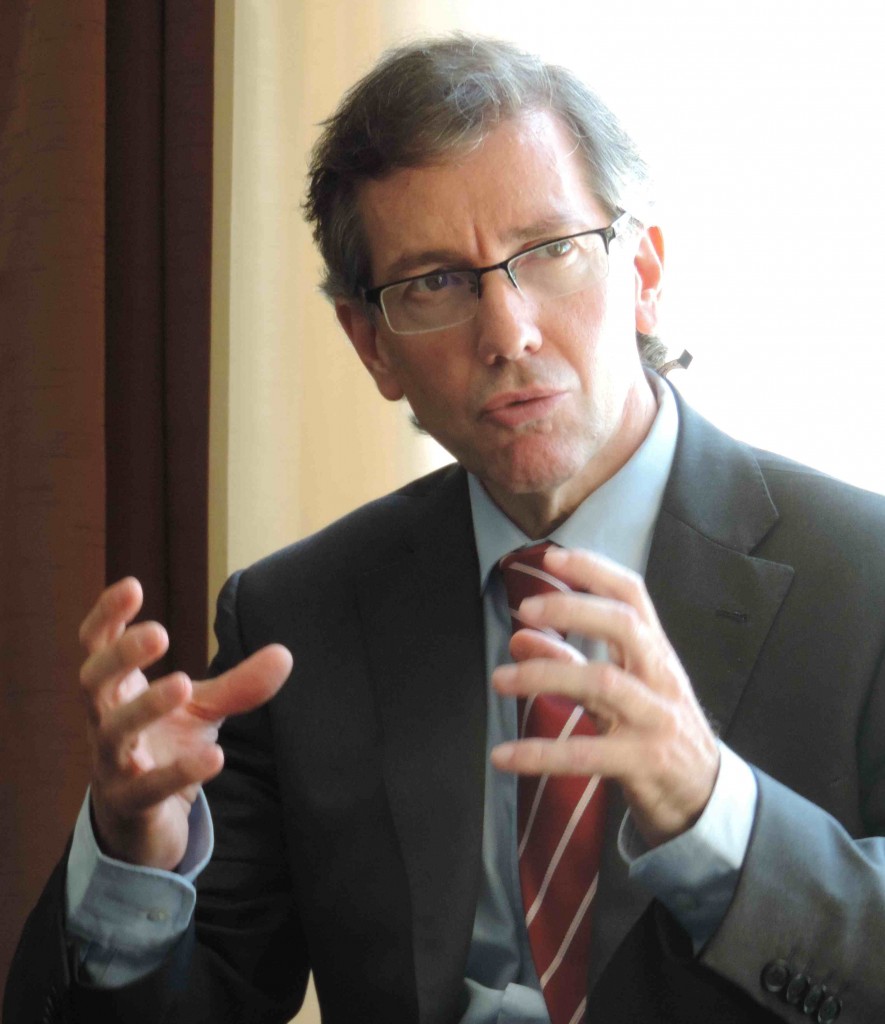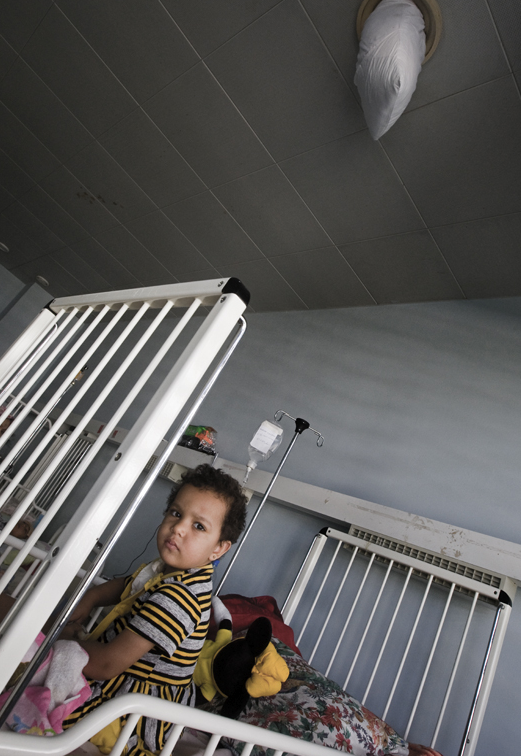By Nigel Ash

Tripoli, 9 July 2013:
Tripoli, Since he was appointed in June 2011, the EU’s special representative for the southern Mediterranean, . . .[restrict]Bernadino Leon says he has often told Libyans that his own country, Spain was itself subject to the best part of 40 years of dictatorship. What he tends to emphasise less is that it took seven years, including one failed coup d’étât, before Spain actually emerged as a stable and secure democracy.
As he explained last week to the Libya Herald on his latest visit here, this gives him what he describes as “a strategic patience” when watching the Libyan political evolution.
“ This is a transition” he said, “and transition is something that you can describe as the new forces, the new structures that will be present in a future democracy, which are having to exist with all those actors and systems and habits and elements of the society from the past. This was a very complex situation. It is always very difficult to handle.”
Though EU politicians have joined human rights organisations in expressing concern about the vague and sweeping scope of the Political Isolation law, Leon, the EU diplomat is not about to go there, save to say that that much will depend on how it is implemented.
It is understandable, he said, that people do not want to see figures from the old regime still in position of power and influence. Pointing again to Spain, Manuel Fraga, one of Franco’s tourism ministers, went on to become a prime minister in the new democracy. It will always be a question, he said of where it was decided to draw the line. Tunisia, he pointed out, is considering its own political isolation legislation and depending on how the line is drawn, it could affect a few hundreds or many thousands of people.
“I can tell you, it is better to draw a line between people who commit crimes and human rights violations. That is usually easier. When you go to a level when you consider as politically-implicated in a system, anyone who was doing anything, including at the lower levels, of course it is something legitimate but it obviously implies difficult consequences. It is something that every society has to decide.”
Throughout his interview stresses his desire to listen and never to try to impose solutions.
“We are very supportive of decentralisation process. But we are not coming to teach any lessons to anyone. I think every system is specific and it responds to the specific challenges in every country ” he said, adding: “A more decentralised country where issues are closer to citizens, tends to be more democratic. I’m sure that in the new constitution this will be acknowledged and this will be positive for the country.”
Leon said that he could understand why the militias felt they still had to stay under arms to protect the revolution, but nevertheless disarmament and demobilisation and the reintegration of militia members, remained one of the EU’s priorities along with the deployment of the boarder management issue.
When it was put to him that some militias were integrating only to the extent of changing the shoulder flashes on their uniform, Leon said that far more than this was needed.
Some of the integration courses that the EU provided to train people for different units, take 60 days, he said. “We are aware that in that time you cannot completely prepare a person for the kind of responsibility that they will have. But we also understand that it is a reasonable time, because you have to find the right balance between going in fast and narrow, to produce the changes you want.
“ There simply is not time to train a person for three years. Nor can you simply change badges in 24 hours either.”. In the future, there would be the time and luxury to train officers and men over extended programmes, but present pressures imposed the 60-day courses. “But this is what we have to do now and we are trying to do it the best that we can.” [/restrict]












